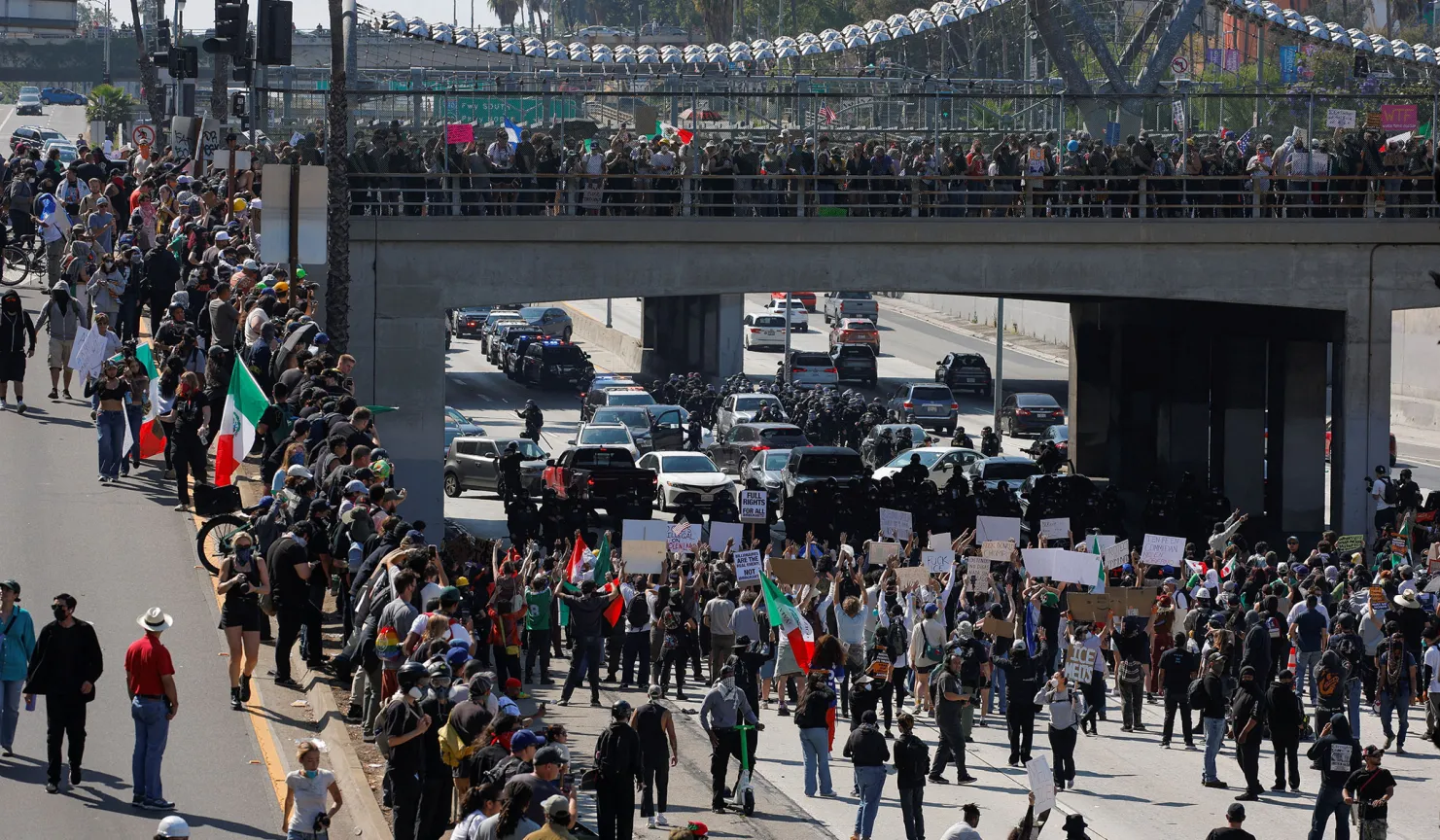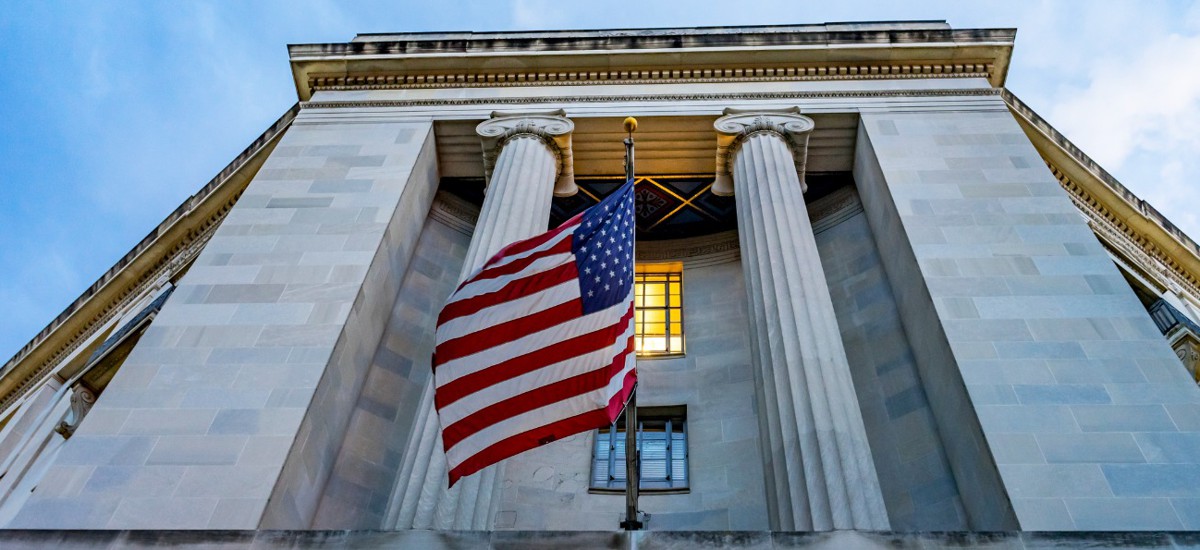A series of federal immigration raids in Los Angeles triggered large-scale protests and confrontations with law enforcement over the weekend, leading to numerous arrests and the deployment of National Guard troops.
Los Angeles, California – Demonstrations erupted across Los Angeles in response to immigration enforcement operations carried out by federal authorities, which resulted in the detention of over 100 individuals. The protests, which spread to surrounding areas such as Paramount and Compton, escalated into clashes with law enforcement and led to the activation of the National Guard.
1. Clashes erupt near downtown detention center
On Sunday, two major protests converged outside the Metropolitan Detention Center. Tensions escalated as law enforcement declared an unlawful assembly and deployed tear gas to disperse the crowd. Authorities reported that protestors threw objects such as bottles and concrete, and several vehicles were set on fire.
Despite the unrest, participants stated that much of the protest remained peaceful, with demonstrators voicing opposition to the recent immigration arrests.
2. Federal response includes troop deployment
In response to the protests, the federal government ordered the deployment of 2,000 National Guard troops across Los Angeles. Additional military units, including Marines stationed at Camp Pendleton, were placed on high alert should further violence occur.
The president emphasized the importance of restoring law and order and suggested the possibility of deploying troops to other cities experiencing similar unrest.
3. Local leaders push back against federal actions
City and state officials expressed concerns regarding the deployment of federal troops without state authorization. The mayor of Los Angeles warned that the city’s situation was volatile and that military presence could intensify public unrest. The governor formally requested the withdrawal of federal troops, citing a lack of coordination and potential escalation of tensions.
Several other state leaders echoed these concerns, asserting that states should retain control over their National Guard units during domestic events.
4. Ongoing uncertainty as tensions continue
The current situation remains dynamic, with the potential for further protests and confrontations in the coming days. While federal authorities argue that increased enforcement is necessary for public safety, local officials maintain that community-level strategies are more appropriate to address the unrest.
The developments in Los Angeles may shape the broader national conversation on immigration policy and the balance of power between state and federal authorities.



